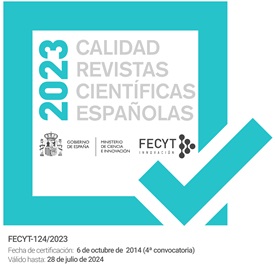La aplicación de procedimientos analíticos está basada en la expectativa de que existan relaciones entre los datos contenidos en los estados contables, y proporcionan evidencia de auditoría sobre la validez, precisión e integridad de la información contable. Los auditores generan valores esperados y los comparan con los contenidos en los estados financieros. Cuando se producen discrepancias, el auditor debe generar hipótesis sobre las posibles causas, evaluarlas y elegir la más plausible. Los estándares de auditoría requieren que los auditores consulten a la dirección para encontrar explicaciones que justifiquen fluctuaciones inesperadas. Investigaciones empíricas anteriores revelan que las explicaciones de la dirección influyen en la generación de hipótesis y en los procedimientos analíticos. Este estudio experimental, basado en una fluctuación inesperada del margen bruto, es el primero alemán que investiga el efecto de las explicaciones de la dirección en las etapas de formación de hipótesis, búsqueda de información y juicios finales respecto a los procedimientos analíticos.
The application of analytical procedures is based on the expectation that relationships exist among financial statements data on a continuous basis. The presence of these relationships provides audit evidence as to the completeness, accuracy and validity of the data produced by the accounting system. Auditors generate expected values and compare them with financial statements values. In case of discrepancies, the auditor has to generate hypotheses with regard to potential causes, evaluate these hypotheses and select the most plausible one. Auditing standards require that auditors routinely have to consult management for explanations of unexpected fluctuations. Prior empirical research revealed that management explanations influence hypotheses generation and lead to a biased analytical procedures process. This experimental study is based on a material unexpected fluctuation in gross margin. It is the first German study which investigates the effect of management explanations on hypothesis generation, information search, hypothesis evaluation, and final judgment stages of the analytical procedures process. The inherited hypotheses increased effectiveness of the analytical procedures process performed by non-industry specialists when this explanation reflected the correct cause. Furthermore, the management explanation had a negative effect on the efficiency of industry specialists when it reflected the correct cause. Overall, a negative effect of management explanations on the analytical procedures process as revealed by international research could not be confirmed by this study.
Los autores agradecen los comentarios realizados al artículo de los dos evaluadores anónimos y del editor (Emiliano Ruiz). Este artículo ha sido financiado por el Plan Nacional de I+D+i a través del proyecto SEJ2007-62215/ECON






